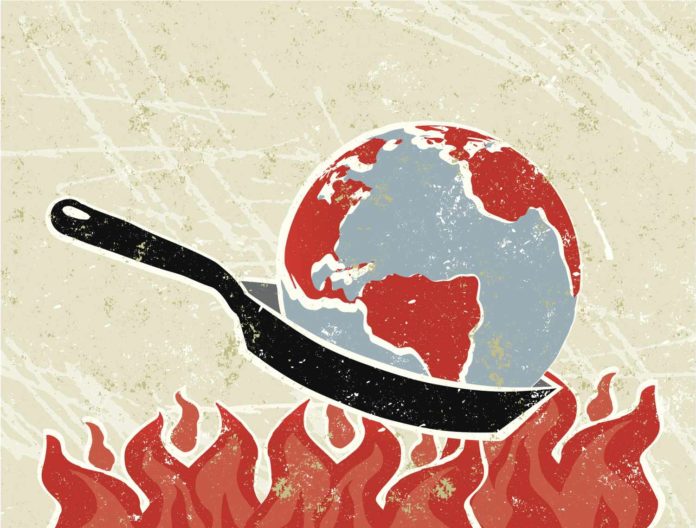Malaria, a deadly mosquito-borne disease, has afflicted humanity for centuries and claims millions of lives each year. Despite the implementation of progressive efforts to help eradicate malaria, the World Health Organization (WHO) has recently reported that a large number of individuals are becoming ill with the disease.
The WHO reported an estimated 249 million malaria cases in 2022, exceeding pre-pandemic levels. While COVID-19 disruptions played a role, climate change has been identified as an alarming cause influencing malaria transmission. The 2023 World Malaria Report reveals that because of changes in temperature, humidity and rainfall as a result of climate change, the malaria-carrying mosquito known as Anopheles has gained a suitable breeding environment to live and flourish. This implies a potential expansion of these insects’ geographical range, potentially leading to the reintroduction of malaria to previously unaffected areas.
In the fight to eradicate malaria, there is a need to be concerned about extreme weather events like heatwaves and flooding. These events have a direct impact on malaria transmission and disease burden. An example of this is the devastating floods in Pakistan in 2022, which resulted in a five-fold increase in malaria cases within the country, according to the WHO.
Dr. Tedros Adhanom Ghebreyesus, Director-General of WHO, identified climate change as a major threat to malaria development and emphasized the importance of taking early action to prevent its repercussions, stating, “The changing climate poses a substantial risk to progress against malaria, particularly in vulnerable regions. Sustainable and resilient malaria responses are needed now more than ever, coupled with urgent actions to slow the pace of global warming and reduce its effects.”
Dr. Vanessa Kerry, WHO’s Special Envoy on Climate Change and Health and the CEO of Seed Global Health, has added her voice to the pressing issue, emphasizing the strong relationship between climate change and the fight against malaria. Addressing how climate change is jeopardizing efforts to stop malaria, she noted that “our goal of ending malaria is being threatened by climate change.” She also highlighted that tackling climate change is an essential component of eradicating malaria and other climate-sensitive infectious diseases.
The fight against malaria is of utmost importance as we face a climate crisis and a global health emergency. Climate change is not just a distant threat but a current reality that is escalating the challenges we face in combating malaria. As Dr. Kerry states, “fighting climate change goes hand in hand with ending malaria.” Therefore, we must work towards creating innovative solutions to tackle this intricate issue and ensure a malaria-free future for our world.





